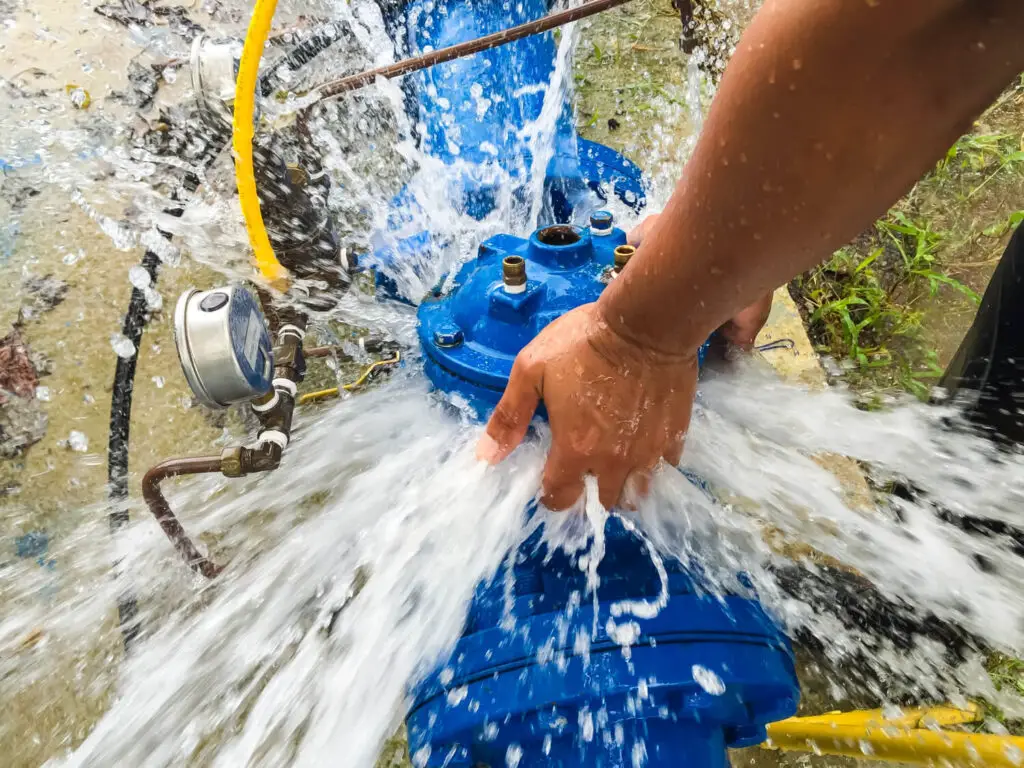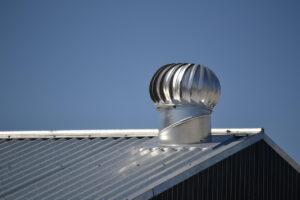Wastewater management is a critical aspect of maintaining public health and environmental sustainability. Efficient wastewater systems rely heavily on the proper functioning of pumps, which play a pivotal role in transporting sewage and stormwater from one point to another. A well-chosen pump system can vastly enhance the efficiency, reliability, and performance of wastewater management processes. This article aims to explore several factors in selecting pumps that can lead to improved operational efficiency and reduced long-term costs in wastewater management.
Understanding Different Types of Pumps
Selecting the appropriate pump begins with understanding the various types available on the market. Centrifugal pumps are among the most common in wastewater management. They operate by converting kinetic energy from a rotating impeller into hydraulic energy, making them suitable for handling large volumes of water at relatively low pressures. Positive displacement pumps offer another mechanism by trapping a fixed amount of fluid and forcing it through the pump discharge. The selection between these types often depends on specific project requirements, such as flow rates, pressure readings, and the physical properties of the wastewater being pumped. Submersible pumps are prevalent in wastewater applications, designed to operate while submerged in liquid.
Their compact size and efficiency make them ideal for small-space installations, typically used in residential or commercial settings. Another category includes sewage pumps, specialized for moving solid-laden sewage. For more tailored solutions, the use of pumps like those discussed at https://eddypump.com/blog/sewage-septic-pump/ demonstrates how specific pump models can cater to unique demands while maintaining optimal pump performance. Understanding these various pump types and their operational dynamics allows for informed decision-making. A well-informed choice helps maximize the operational capacity of the wastewater management system, reduces downtime, and minimizes repair or replacement costs.
The Importance of Pump Efficiency
Pump efficiency directly affects the operational costs associated with wastewater management. High-efficiency pumps consume less energy, leading to lower utility bills while providing the necessary output. When considering pumps, efficiency ratings such as the Best Efficiency Point (BEP) should be examined. This point indicates where a pump operates most efficiently, providing valuable insights into selecting a pump that minimizes energy waste. More energy-efficient pumps lead to reduced greenhouse gas emissions, helping organizations meet environmental regulations. Energy savings combined with extended lifespan and less frequent repairs mean that the initial investment in a more efficient pump pays dividends in long-term savings. Operators should focus on maintaining optimal performance levels through regular monitoring and timely maintenance, ensuring high efficiency remains a consistent goal.
Assessing Performance Data
Performance data encompasses various metrics necessary for effective pump selection and troubleshooting. Flow rates, head pressure, and pump capacity are fundamental measurements that need to be monitored regularly. Flow rate, measured in gallons per minute (GPM) or liters per second (L/s), determines how much wastewater is transported through the system within a given timeframe. This aspect is crucial, as inadequate flow rates may lead to system backups or other complications that can increase operational costs and negatively impact performance. Head pressure is another significant performance metric reflecting the pump’s ability to overcome resistance in the system.

It is important to assess the system’s Total Dynamic Head (TDH), which factors in static lift and friction losses in the piping network. Understanding this data helps operators make informed selections, schedule necessary maintenance, or redesign aspects of the pump system to enhance performance. Neglecting to analyze performance data can lead to inefficiencies and hidden costs in the long run. Regular assessments keep systems running smoothly and contribute to well-informed upgrades or replacements when necessary.
Factoring in Material and Durability
The materials used in pump construction play a significant role in their durability and longevity. Wastewater can contain corrosive substances, large solids, and abrasive materials that demand pumps crafted from robust, resilient materials. Pumps made from stainless steel or specific high-grade plastics often demonstrate better resistance to such conditions compared to conventional cast-iron pumps. Investing in pumps manufactured from high-quality materials enhances the lifespan of the equipment, reduces maintenance frequency, and proves to be cost-effective.
Components such as impellers should feature corrosion-resistant coatings to withstand harsh environments typically found in wastewater management settings. Ensuring the pumps can function adequately in challenging conditions helps maintain operational integrity and efficiency, integrating seamlessly into the wastewater management process.
Maintenance: A Key to Sustained Efficiency
Regular maintenance is paramount in ensuring that pumps continue to operate at optimal efficiency. Neglect can lead to decreased performance, costly repairs, or premature failures. Establishing a routine that includes inspections, cleanings, and repairs allows operators to identify potential issues early and implement corrective measures. Training staff on proper maintenance protocols contributes to the long-term success of pump operations. During maintenance, special attention should be paid to components such as seals, bearings, and impellers, as these parts endure the most significant wear and tear.
Utilizing condition monitoring technology can enhance maintenance efforts, allowing operators to track performance and predict failures before they occur. A targeted approach to maintenance minimizes downtime and boosts the reliability of the wastewater management system as a whole.
The Future of Pump Technology
As technology advances, wastewater management pumps promise enhanced efficiency and smarter operational capabilities. Innovations in pump design, such as variable frequency drives (VFDs) and remote monitoring systems, allow operators to control and optimize pump performance based on real-time data analysis. This approach ensures pumps operate within their efficiency range under various conditions.
Developments in smart technology enable predictive maintenance algorithms to alert personnel when pumps require attention or are underperforming. As companies continue transitioning into more automated processes, embracing these technological advancements will play a key role in modernizing wastewater management systems and increasing efficiency.
Managing Costs Effectively
Cost management in wastewater management goes beyond the initial purchase of a pump. Analyzing the total cost, including energy consumption, operational effectiveness, and potential repair or replacement costs, paints a clearer picture of the investment’s value. It is essential to factor in life-cycle costs when evaluating pump options to choose the most economically viable solutions. Durable pumps can lead to substantial long-term savings by reducing energy bills and lowering maintenance costs.
Operators should take advantage of incentives for energy-efficient equipment, which can reduce the financial burden associated with new installations. Developing a comprehensive budget that accounts for both initial expenditures and ongoing operational costs ensures organizations allocate resources efficiently and facilitate a sustainable wastewater management strategy.
Selecting the right pump for wastewater management is crucial in optimizing the efficiency and longevity of the system. A clear understanding of different pump types, emphasis on efficiency ratings, and careful assessment of performance data can significantly streamline operations. Material durability, routine maintenance, and embracing emerging technologies will sustain performance improvements. A well-informed approach to pump selection and usage enhances operational efficiency and contributes substantially to cost savings and environmental sustainability.






